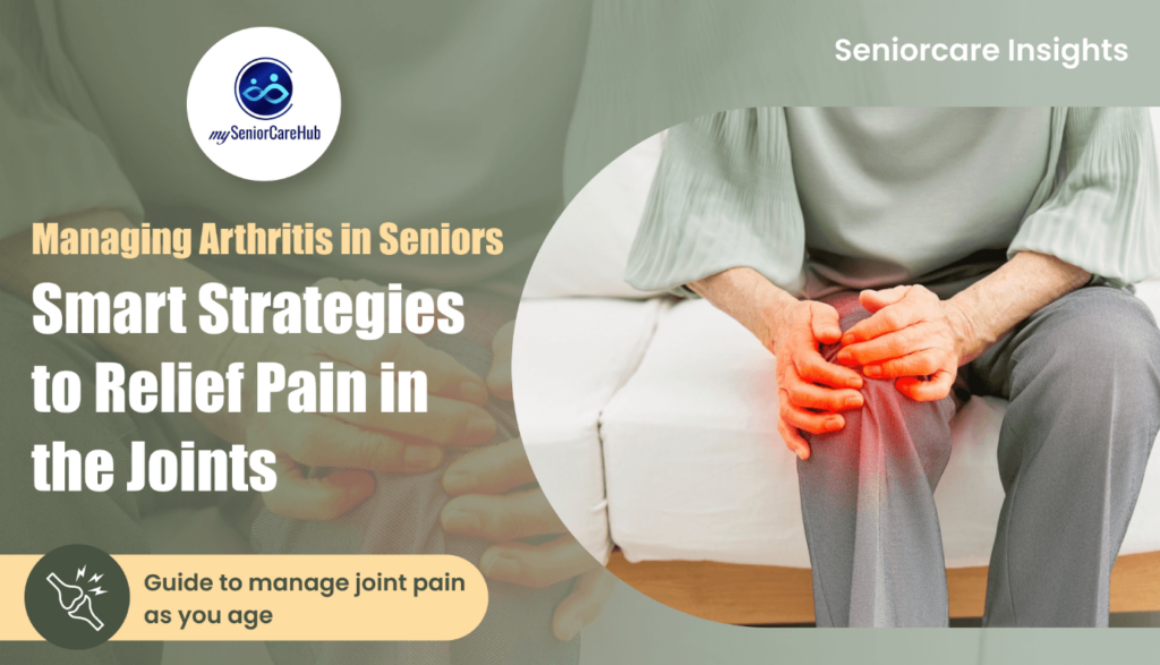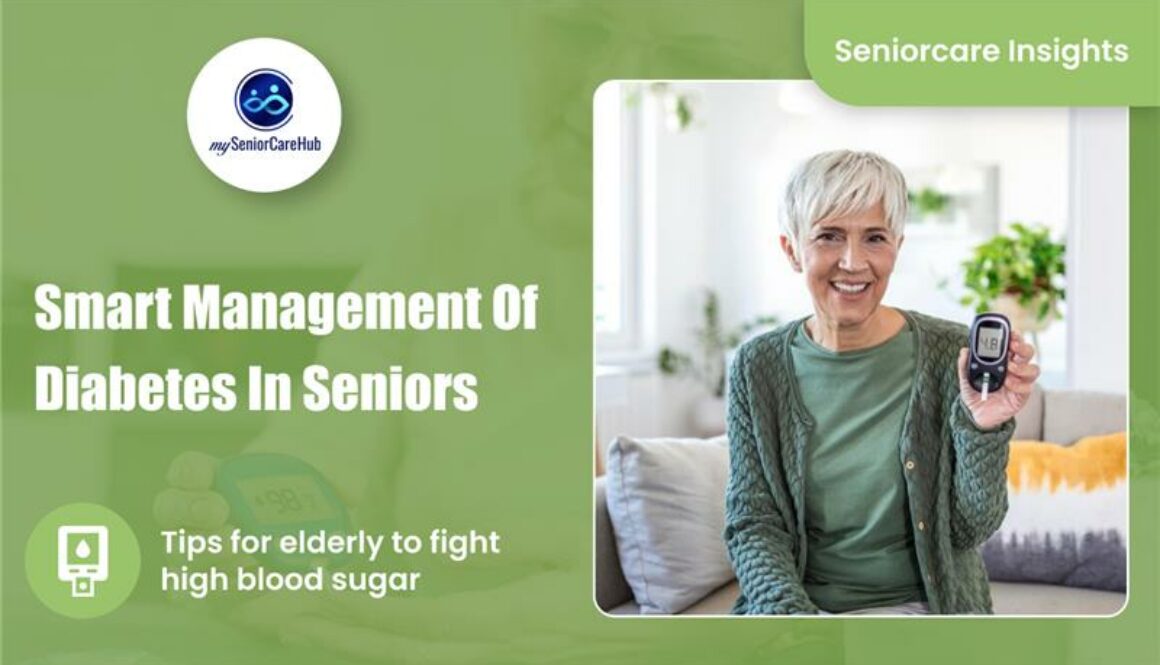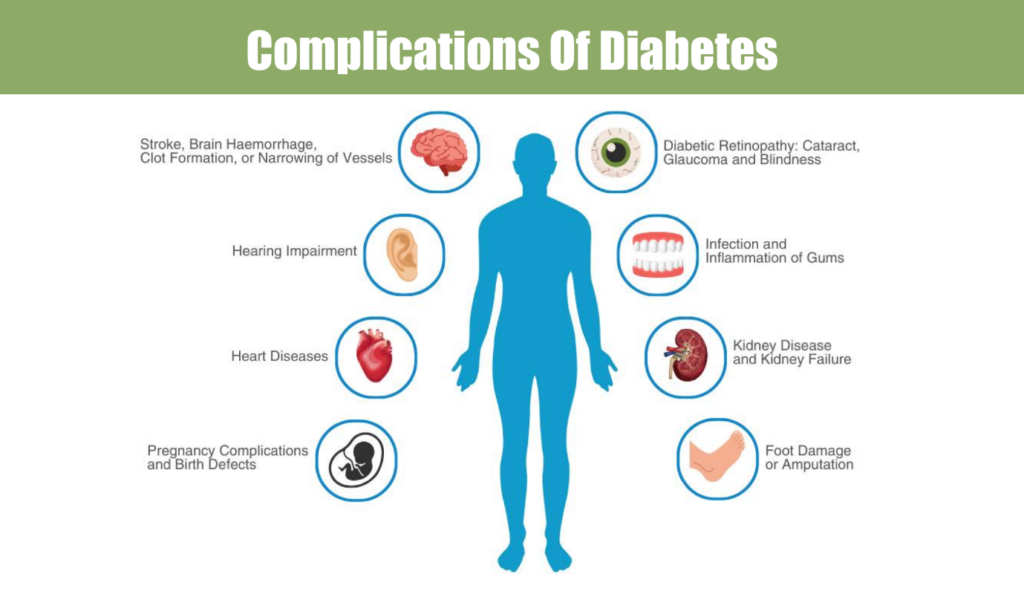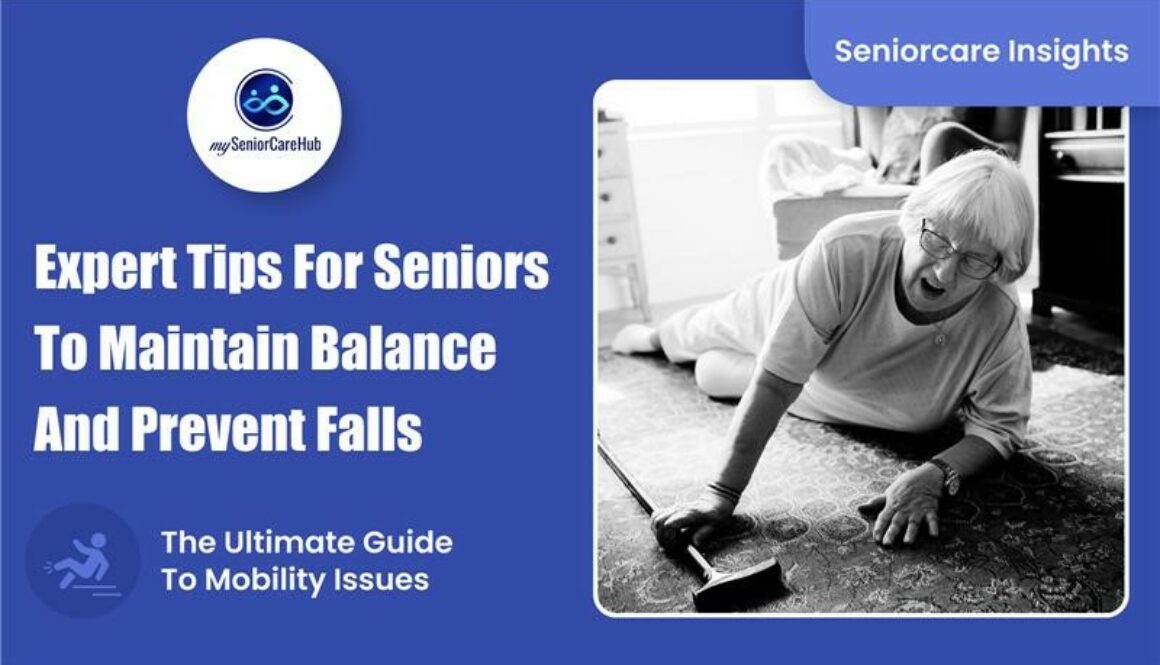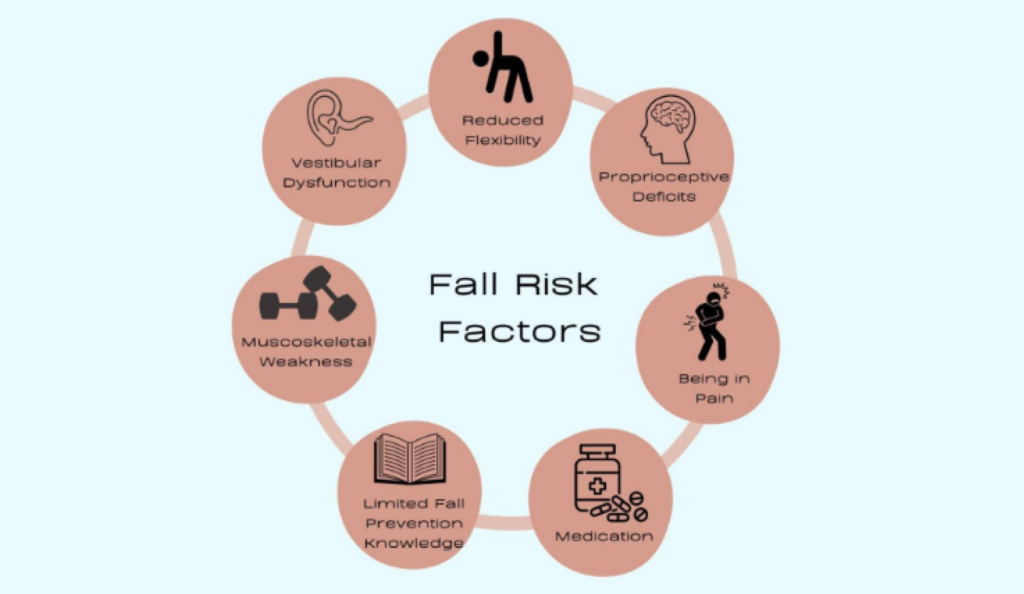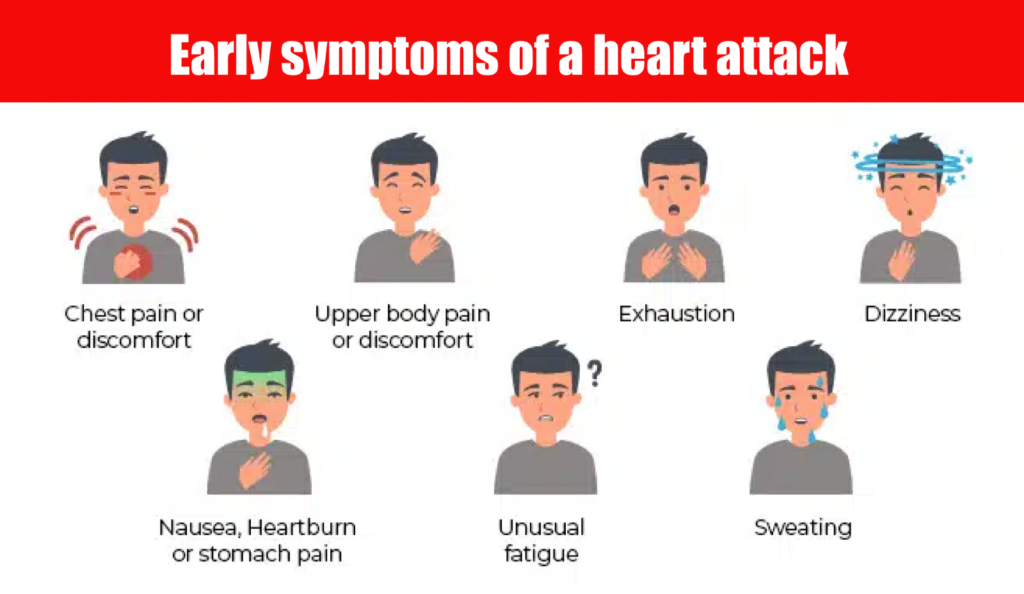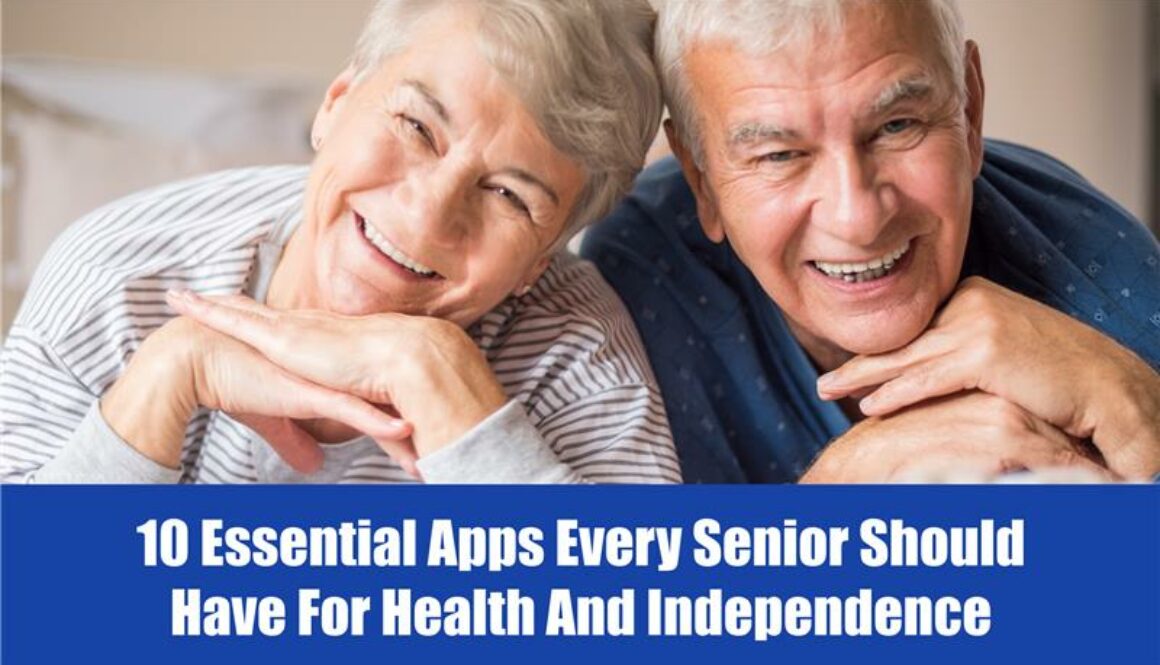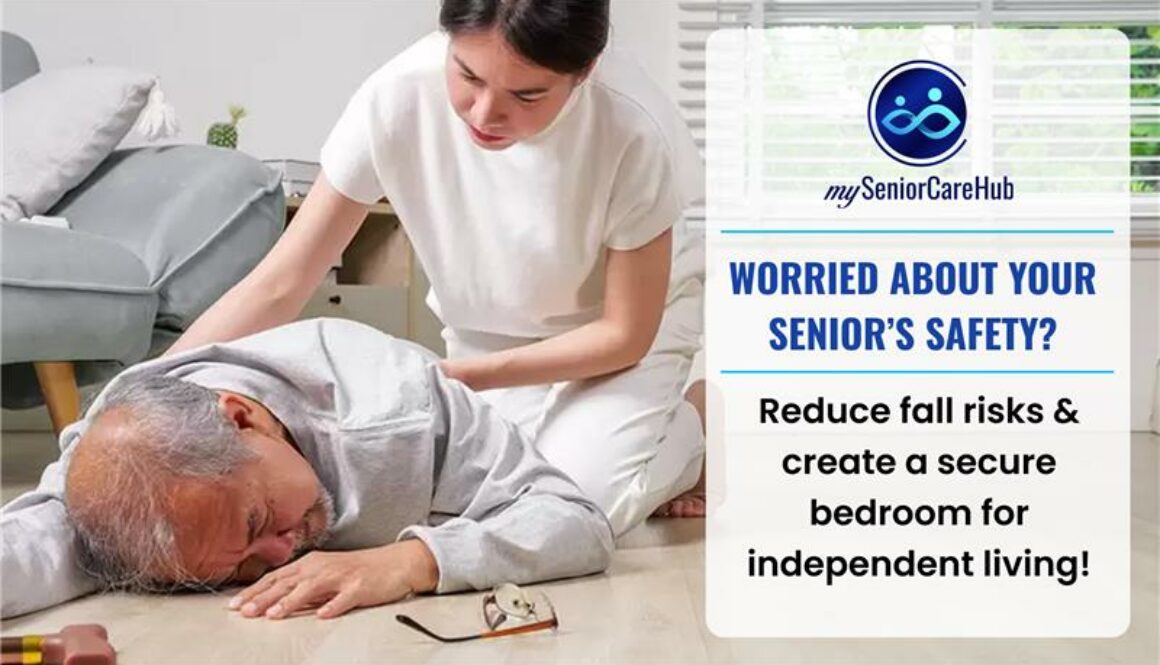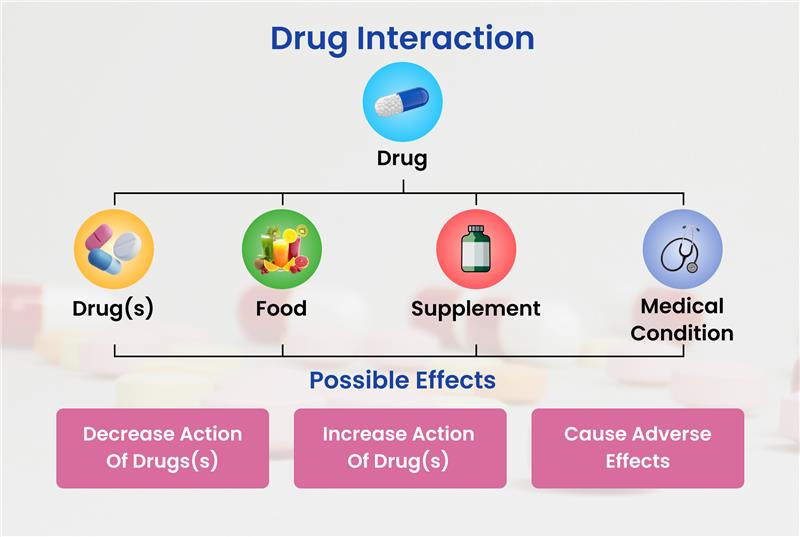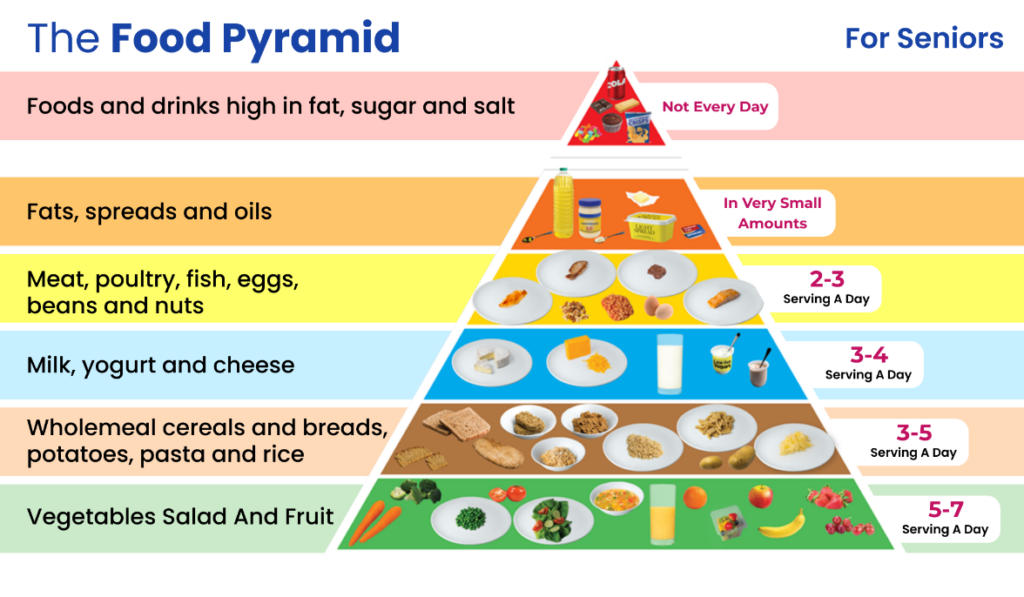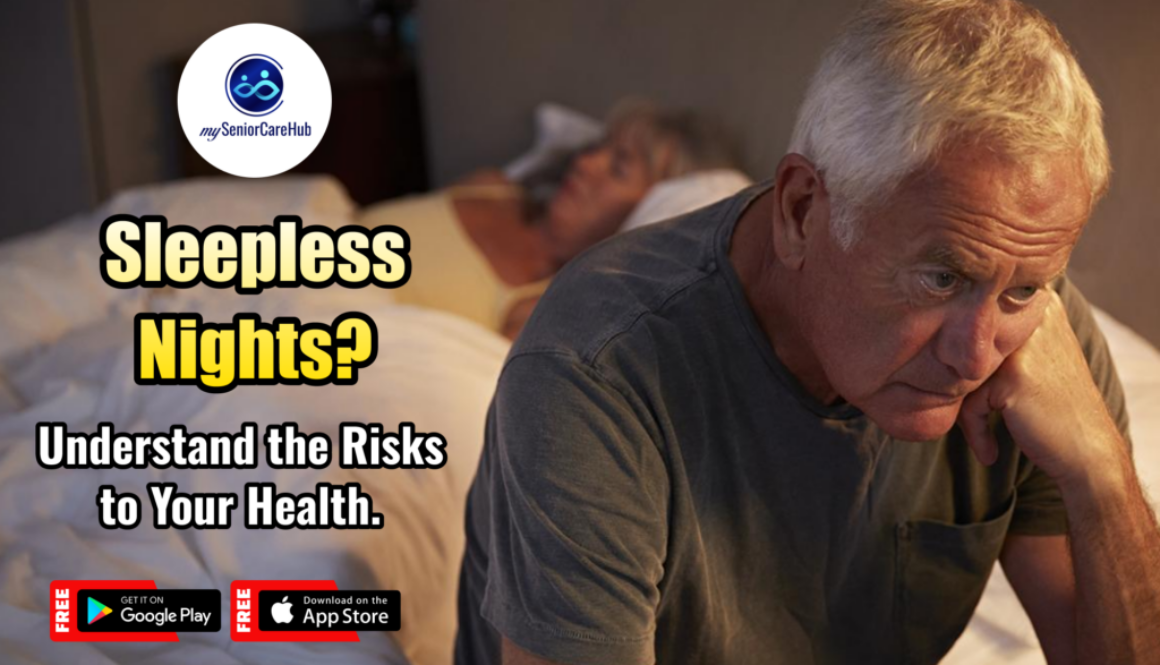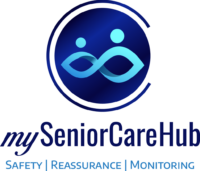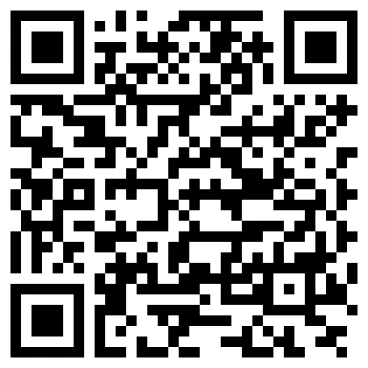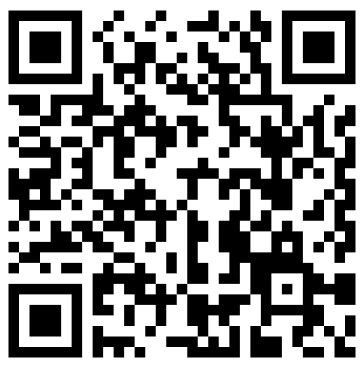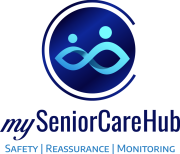Managing Arthritis Pain for Seniors with Effective Treatments and Lifestyle Adjustments
Understanding Arthritis in Seniors
Imagine waking up early in the morning eager to start your day, but the first step out of bed sends a sharp pain through your knees. Simple tasks like buttoning a shirt or holding a cup of tea can feel like a struggle. If this sounds familiar, often you’re not alone. Arthritis affects millions of seniors, making daily activities challenging and sometimes frustrating.
The good news is that you do not have to let arthritis rule your life. With the right approach, you can manage your pain, improve your mobility, and continue doing the things you enjoy, such as playing with your grandchildren, tending to your garden, or taking a peaceful evening walk. This guide will explain effective treatments and lifestyle changes that will allow you to live comfortably and be physically active despite your arthritis.
Recognizing the Signs and Symptoms
Arthritis does not develop overnight; it begins with small, subtle changes. Maybe your fingers feel stiff when you first wake up, or your knees ache after a short walk. At first, you might brush it off, thinking it’s just a part of aging. But over time, the discomfort lingers, making even simple tasks feel harder than they used to be.
Here’s how arthritis typically begins:
- Morning Stiffness: Joints feel tight and sore when you wake up but loosen up after some movement.
- Persistent Joint Pain: A dull ache or sharp pain that lingers, especially in the knees, hands, hips, or lower back.
- Swelling and Warmth: Affected joints may look puffy and feel tender to the touch.
- Limited Movement: difficulty bending, reaching, or gripping objects that once felt easy.
- Weather sensitivity: Pain may worsen in cold or damp weather.
Ignoring these signs won’t make them go away. The sooner you recognize arthritis symptoms; the sooner you can take steps to manage them. If you or a loved one notice these changes, it’s time to consult a doctor and explore ways to keep joints healthy and active.
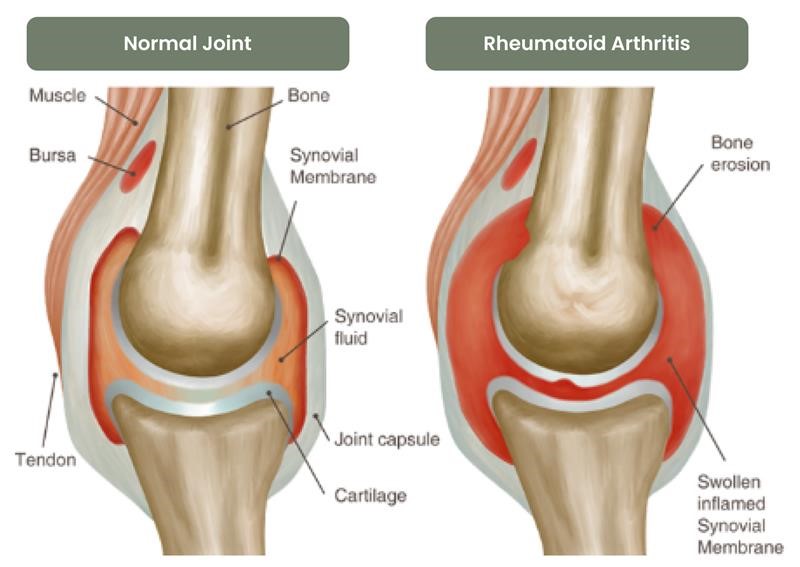
Medical Treatments for Arthritis: What Works and Why
“I don’t want to rely on painkillers forever.”
“Are there safer ways to manage arthritis?”
“When should I consider surgery?”
If these questions sound familiar, you’re not alone. The goal of managing arthritis is to find the best strategy that keeps you active and self-sufficient, not just to cover up your discomfort. Let’s explore the approach:
Step 1: Adhere to Your Medications as Prescribed by Your Doctor
Your doctor prescribes medications for a reason—to help manage pain and inflammation effectively. Acetaminophen can ease mild discomfort, while NSAIDs (such as ibuprofen) help reduce swelling. For severe pain, corticosteroid injections may provide temporary relief, but they should be used cautiously. Always follow your doctor’s advice to get the best results.
Step 2: Move Smartly with Physical Therapy
Think of movement as medicine. A physical therapist can teach gentle exercises to strengthen muscles, improve flexibility, and reduce stiffness. If regular workouts feel tough, water therapy can be a great alternative.
Step 3: When Surgery Becomes an Option
If arthritis makes walking or simple activities unbearable, joint replacement (hips, knees) can restore movement and reduce pain significantly. It’s a big step, but it has helped many seniors regain their freedom.
Key Takeaway: Not all treatments work the same for everyone. The best plan combines medical support with lifestyle changes—so you can keep doing what you love without being held back by arthritis.
Your Daily Guide to Managing Arthritis Pain with the Right Diet and Lifestyle
- Morning Routine: Start Your Day Right
Warm Up Your Joints: Do gentle stretches before getting out of bed.
Take Your Prescribed Medications: Stick to your doctor’s schedule.
Boost with Anti-Inflammatory Breakfast: Try:
- Oatmeal with chia seeds and walnuts (rich in omega-3s)
- Scrambled eggs with turmeric and spinach (anti-inflammatory)
- A smoothie with berries, flaxseeds, and Greek yogurt (for antioxidants & calcium)
- Daytime: Stay Active and Nourish Your Joints
Go for a Short Walk: Keeps joints mobile without strain.
Midday Meal for Joint Health: Include:
- Fatty fish (salmon, sardines): Omega-3s help reduce joint inflammation.
- Leafy greens (kale, spinach, broccoli): Rich in vitamin K and antioxidants.
- Quinoa or whole grains: Provide fiber and reduce inflammation.
Supplements to Consider (Consult your doctor before taking any!)
- Glucosamine & Chondroitin: may support cartilage health.
- Vitamin D & Calcium: Essential for bone strength.
- Turmeric (curcumin): Known for its anti-inflammatory properties.
- Omega-3 Fish Oil: Helps with joint lubrication.
- Evening: Wind Down and Recover
Apply ice packs if needed: Reduces swelling after a long day.
Gentle yoga or stretching eases stiffness and promotes relaxation.
Dinner for Joint Recovery: Include:
- Lentil soup with garlic and turmeric: anti-inflammatory benefits.
- Grilled tofu or paneer with roasted vegetables provides protein and essential nutrients.
- Warm herbal tea (ginger or green tea): reduces inflammation and soothes the body.
Sleep Well for Better Joint Health
The secret to controlling arthritis pain is getting a good night’s sleep. A supportive mattress and pillows help keep joints comfortable, and placing a pillow between your knees can ease pressure.
Before bed, a warm bath, mild stretches, or herbal tea can help loosen up tense joints. Keep your room cool and dark for better sleep. Avoid caffeine, excessive screen time, and uncomfortable sleeping positions to prevent strain in the joints. If joint pain is waking you up at night, consider using a heating pad or gentle massage before bed to relax sore muscles. Making these small adjustments can lead to better sleep, which in turn helps reduce pain and improve overall well-being.
Are You Taking Too Much Stress?
Regular checkups with your doctor are essential for managing arthritis and preventing further joint damage. These visits help track your progress, adjust medications if needed, and explore new treatment options like physical therapy. If you notice increased pain, swelling, or stiffness, don’t ignore it—early intervention can make a big difference.
Stress can also worsen arthritis symptoms, so incorporating relaxation techniques like deep breathing, yoga, or meditation can help. Staying socially connected, engaging in hobbies, and prioritizing mental well-being can improve overall health and make managing arthritis easier. Taking charge of both physical and emotional health ensures better mobility and a more active lifestyle.
Simple Home Remedies for Joint Relief
Small, natural remedies can provide comfort and ease arthritis pain. Applying a warm compress helps relax stiff joints, while a cold pack reduces swelling and inflammation. Gentle massages with essential oils like eucalyptus or peppermint may also offer relief.
Epsom salt soaks can soothe sore joints, and turmeric tea, known for its anti-inflammatory properties, can be a great addition to your daily routine. Simple lifestyle tweaks, when combined with medical care, can make a noticeable difference in managing arthritis discomfort.
Embracing a Joint-Friendly Lifestyle
Developing a lifestyle that promotes your well-being is more important for managing arthritis than simply seeking treatment. Small daily habits, like maintaining good posture, using assistive tools for joint support, and wearing comfortable, supportive footwear, can prevent unnecessary strain on your joints.
Staying positive and patient with yourself is just as important. Even though progress may be gradual, every effort, whether it be a quick stroll, a nutritious meal, or some downtime, adds up to a more comfortable and healthy life.
To make managing arthritis even easier, mySeniorCareHub provides a comprehensive healthcare ecosystem tailored for seniors. From medication reminders and keeping your reports in one place to exercise recommendations and checking interactions between your medications, it supports every aspect of senior well-being. mySeniorCareHub makes sure you are never alone on your journey, whether you need assistance keeping track of your symptoms, staying in touch, or discovering new lifestyle tips that are friendly to people with arthritis.
Arthritis may slow you down, but with the right care and mindset, it will never stop you—keep moving, keep living, and keep thriving.

